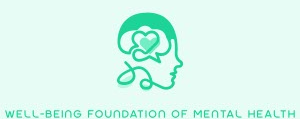|
IN TIME OF STRESS Promoting positive mental health and the well being of children, adolescents The tension, disruption and uncertainty caused Given this heightened effect that war, its The following information offers some suggestions and activities that FEARS AND ANXIETY Anxiety is a normal part of life for children, adolescents and adults.
While anxiety and fears are normal Some Signs to Look For A child or adolescent with anxiety may show some of the following signs:
How Adults Can Help There are many things that parents and other people who are important
FOR MORE INFORMATION: To download copies of helpful information on Child and Adolescent Mental For information on helping children and adolescents cope with violence For a copy of the 2002 WFMH World Mental Health Day materials packet THE THEME FOR WORLD MENTAL HEALTH DAY 2003
|
(Last Updated On: )
